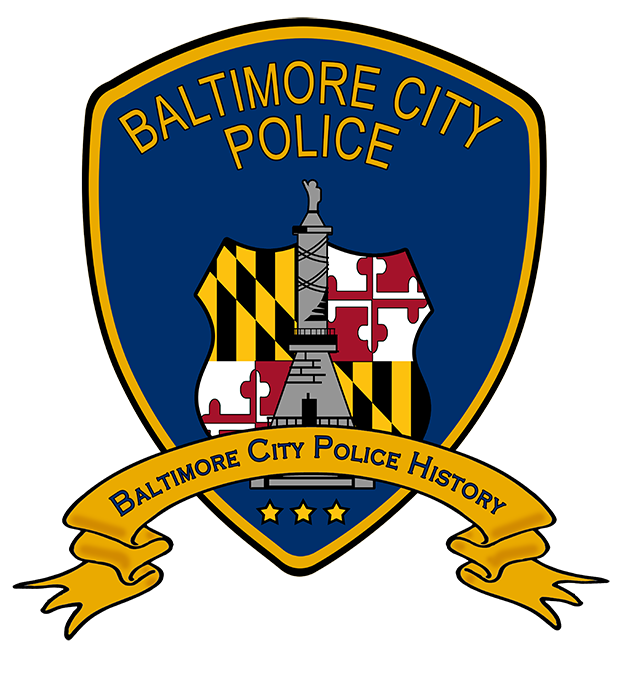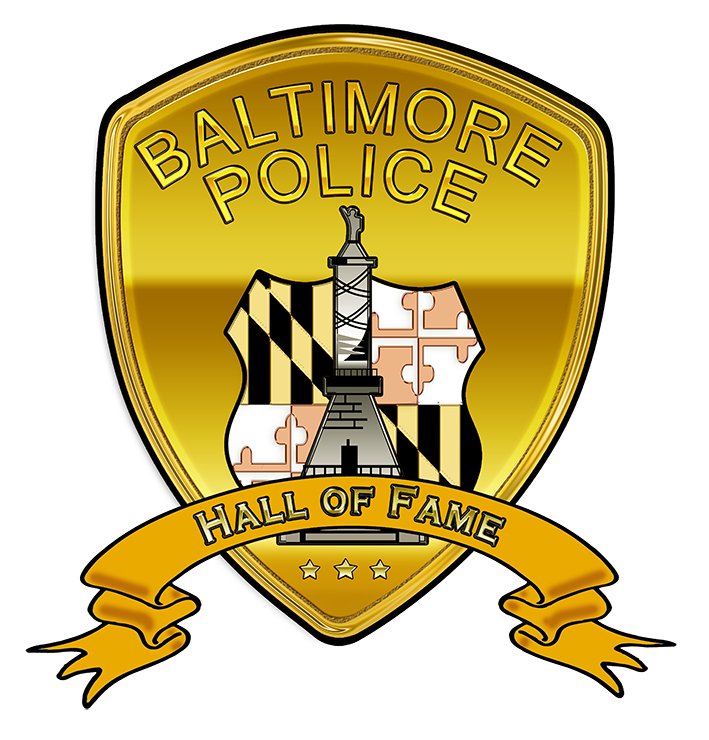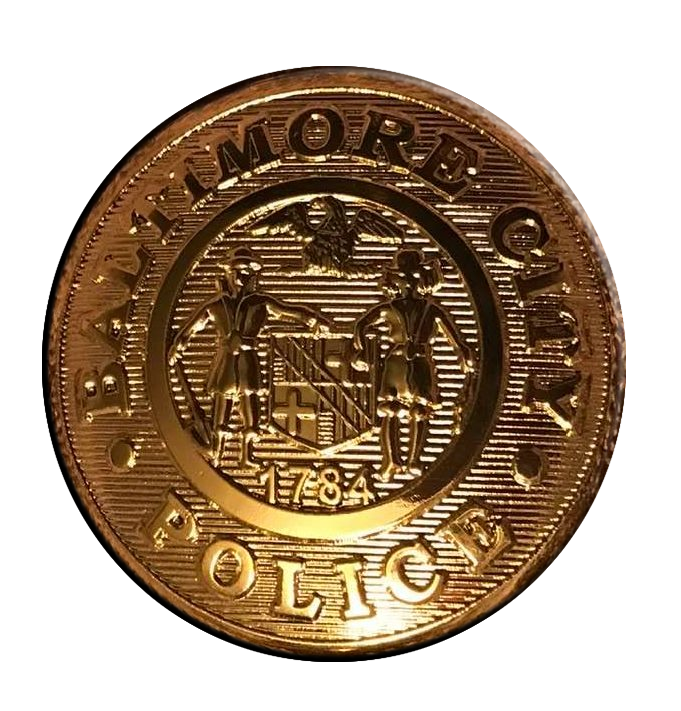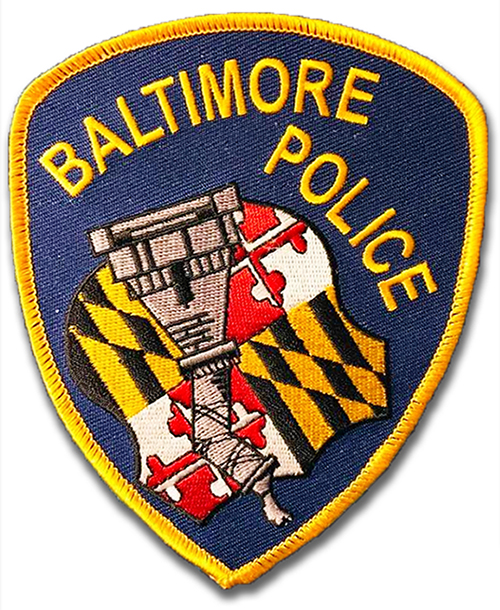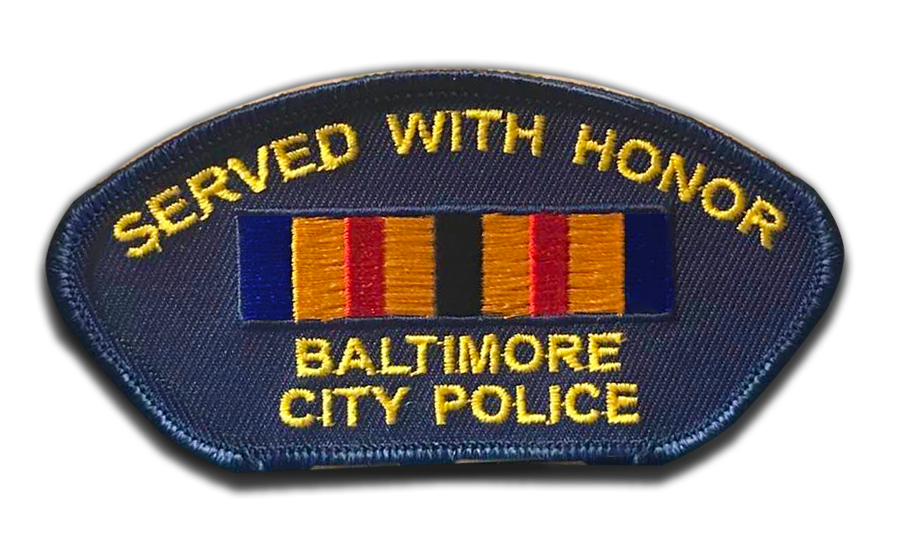Detective Sergeant Roger Nolan
OLD-SCHOOL OFFICER LEAVING QUIETLY
By PETER HERMANN Baltimore Sun
25 Oct, 2009
Roger Nolan promised to share his life story with me and promised to "start at the beginning." He started with 1968, the year he turned 29 and had recently left Baltimore's police academy.
He resisted sharing details about being a Marine (he served in Vietnam), his wife (his closest colleagues had never met her), his son (who joined the city police after him), policing the streets where he grew up, or even his commitment to the Boy Scouts until later when prodded.
Family business remained with the family, and Nolan made a concerted effort to keep police and family affairs apart. He only shared information with those who had a genuine need to know it; outsiders to the small-but-close-knit law enforcement community needed to know very little. Nolan's longtime partner and retired investigator Donald Worden remarked, "He just didn't want to take a chance at getting too close to the outside world." Sgt. Roger Nolan will retire on Monday with a brief ceremony in the commissioner's boardroom at 9:30 a.m. precise, followed by lunch at 11 a.m. fast in the atrium. He sternly corrected me when I dubbed it "a party."
One day before turning 70, he is departing a department he holds in high regard. His departure was scheduled with military-like precision to follow a long-gone rule that compels sergeants to retire by that age. He served on the force for 42 years and never once took a sick day. I enquired as to his plans for the next day. Nolan deadpanned, "Same thing I do every morning." I hope to be awake the next morning. In Baltimore's stale police jargon, Roger Nolan worked as "a murder police" for close to 25 years. He was a homicide detective, a position that called for deference and respect.
"We work for God," reads their motto. He conducted shooting investigations, managed detectives, and founded the cold-case team, which he oversaw beginning in 1995. In response to a call from a victim's mother, he replied, "I spent the last 14 years doing what I could for them. Nolan could come out as stern, bitter, and abrasive to outsiders. But he is sympathetic, helpful, and kind to coworkers, friends, family, and, most importantly, to people grieving the loss of their murdered children. Roger will spend a considerable amount of time on the phone with the children and parents of the deceased, and we receive calls from persons engaged in cases that are still open, but usually ones that are closed, especially around the holidays, according to Maj. Terrence McLarney, the homicide division's chief. "The true Roger appears at that point. You have to see him converse with a bereaved family member as you sit and listen. Don't be misled by his stern appearance." Even though it seemed like there would never be an arrest and that the victims' families would never find the solace they wanted, Nolan claimed he delivered them the unvarnished truth. He refused to discourage them, mislead them, or give them false hope. He kept faded newspaper clippings fastened to his wall to serve as a constant reminder that headlines about killings used to be commonplace.
However, this veteran officer, who up to his final case continued to bring a magnifying glass to crime scenes, also welcomed modern technologies, such as DNA, which changed the investigation of cold cases and helped catch criminals who might otherwise have gotten away with their crimes. Nolan was born in Baltimore and spent his early years in a rowhouse on Pennsylvania Avenue before relocating with his family to an apartment on Arlington Avenue on the west side of the city. He attended city schools and joined the Marines in 1960. He was deployed to Okinawa and Vietnam. He is the son of a longshoreman. In 1964, he left his job as a corporal. When he got back to Baltimore, he saw that his childhood area had been overwhelmed by violence and drug use. He remarked, "It was another world.”
Nolan obtained employment at Sparrows Point, got hitched, and eventually bore three kids. In 1967, he enrolled in the police academy. His work ethic would be determined by his freshman year. Nolan called in ill a few weeks after graduation because he was experiencing hives. Within an hour, two lieutenants and a sergeant were at his home to inform him that taking the day off could result in his termination and to suggest using vacation time in its place. I vowed to God that I would never miss work again. When Nolan was unable to work due to illness, he took his vacation days, he explained. "I think I went too far with it,"
When three Black Panther Party members shot and seriously injured a police officer in 1970 while they were both seated in their patrol car, Nolan was a patrolman. Along Myrtle Avenue, he avoided gunshots while pursuing one of the shooters. One of the shooters asked the judge three months ago for an early release so he could pass away outside of jail. Nolan wasn't offended by the request; he told me, "I can live with it," but it was obvious that the development was challenging to accept. He said, "It's a sad thing today. "So many people are working to undermine the foundation of what has already been put in place.
There are many who feel that no one should ever go to jail and those who think that no one is accountable for anything they did. The lack of gray in Nolan's surroundings made what he went through in 1979 more challenging. A colonel in head of the Stop Squad drug squad was accused of accepting a $15,000 payment in exchange for ignoring a drug dealer. Nolan testified that the colonel didn't show the dealer any favors, and the commander was exonerated. Nolan was thrust into a bitter political conflict for the first time when prosecutors pushed him into betraying his boss. He adamantly declined. It wasn't a pleasant period,
Nolan informed me. "With only $600 in my bank account, I was being forced to say what others wanted me to say. I only expressed what I thought to be accurate." His squad's fast arrest in the 1993 killing of a nun in her convent, which rocked a city in its deadliest year on record, makes him probably best known for his work in homicide, where he was promoted to sergeant in 1983 and transferred to in 1985. Nolan noticed a box of Russell Stover chocolates that appeared to have been lifted up and placed awkwardly on a shelf.
He had the box dusted for prints, and it took a thumbprint off the cellophane wrapping for the defendant to be given a life sentence. Before there was a "CSI," it was a "CSI" moment. Former murder investigator Steve Garvey regarded Nolan as a "casual viewer" of office pranks, but described him as a "fair supervisor" who shared his soldiers' enthusiasm for their work. He pursued anyone who ever mistreated a member of his staff. Even when we were in the wrong, he vehemently defended us." Nolan is proud of the lengthy list of "no comments" that appeared after his name in print and makes no apologies for his temperament or for staying out of the spotlight.
He said, "I don't need to be seen by many people. "I'm serious when I'm at work. Numerous times, being serious has saved my life. I take pride in attempting to produce a good job, and if I succeed, I don't care who finds out. I'm content. That is all I require."

POLICE INFORMATION
If you have copies of: your Baltimore Police Department Class Photo, Pictures of our Officers, Vehicles, Equipment, Newspaper Articles relating to our department and or officers, Old Departmental Newsletters, Lookouts, Wanted Posters, and or Brochures. Information on Deceased Officers and anything that may help Preserve the History and Proud Traditions of this agency. Please contact Retired Detective Kenny Driscoll.
This email address is being protected from spambots. You need JavaScript enabled to view it.

NOTICE
How to Dispose of Old Police Items
Please contact Det. Ret. Kenny Driscoll if you have any pictures of you or your family members and wish them remembered here on this tribute site to Honor the fine men and women who have served with Honor and Distinction at the Baltimore Police Department. Anyone with information, photographs, memorabilia, or other "Baltimore City Police" items can contact Ret. Det. Kenny Driscoll at This email address is being protected from spambots. You need JavaScript enabled to view it. follow us on Twitter @BaltoPoliceHist or like us on Facebook or mail pics to 8138 Dundalk Ave. Baltimore Md. 21222
Copyright © 2002 Baltimore City Police History - Ret Det Kenny Driscoll

